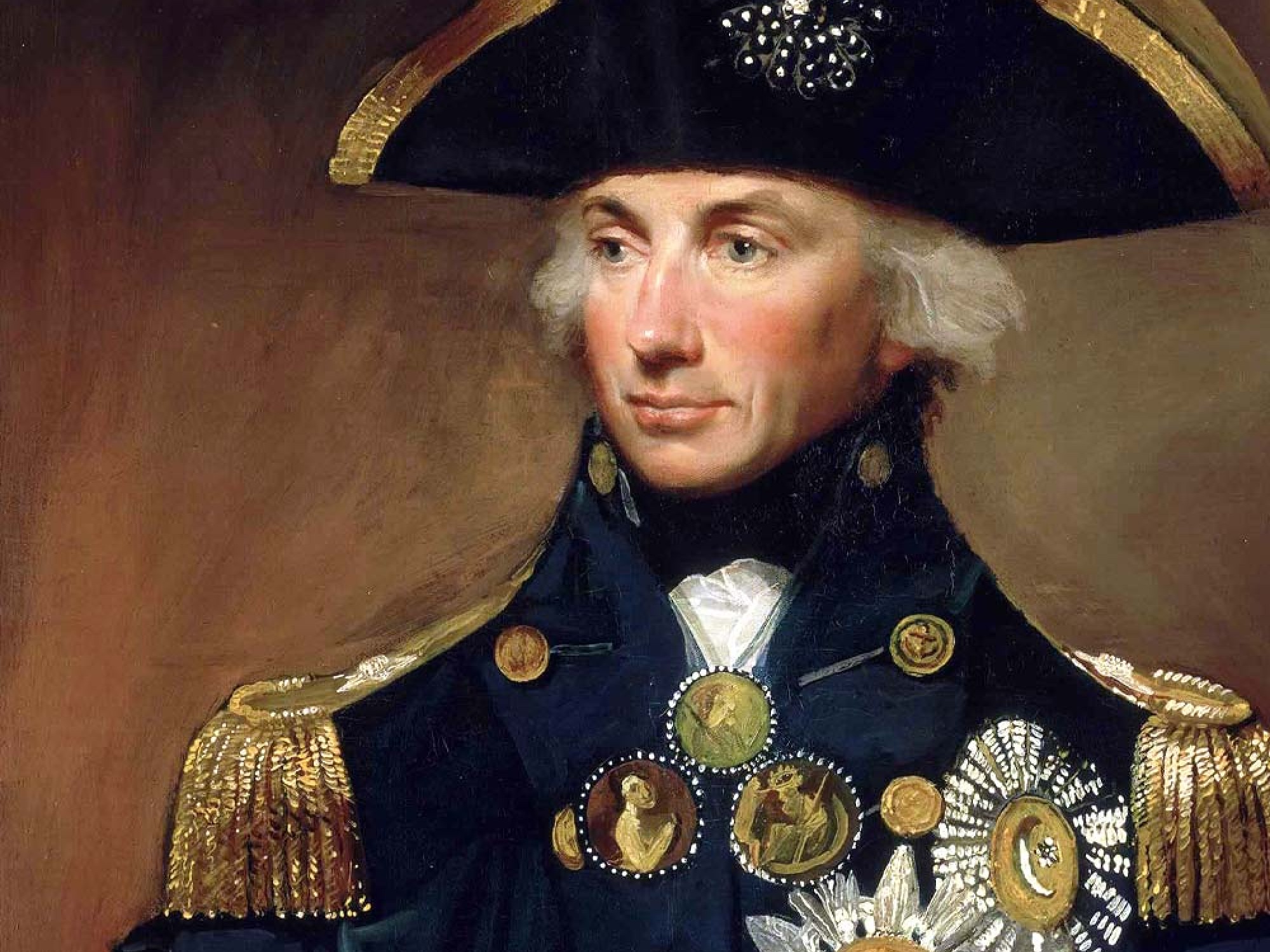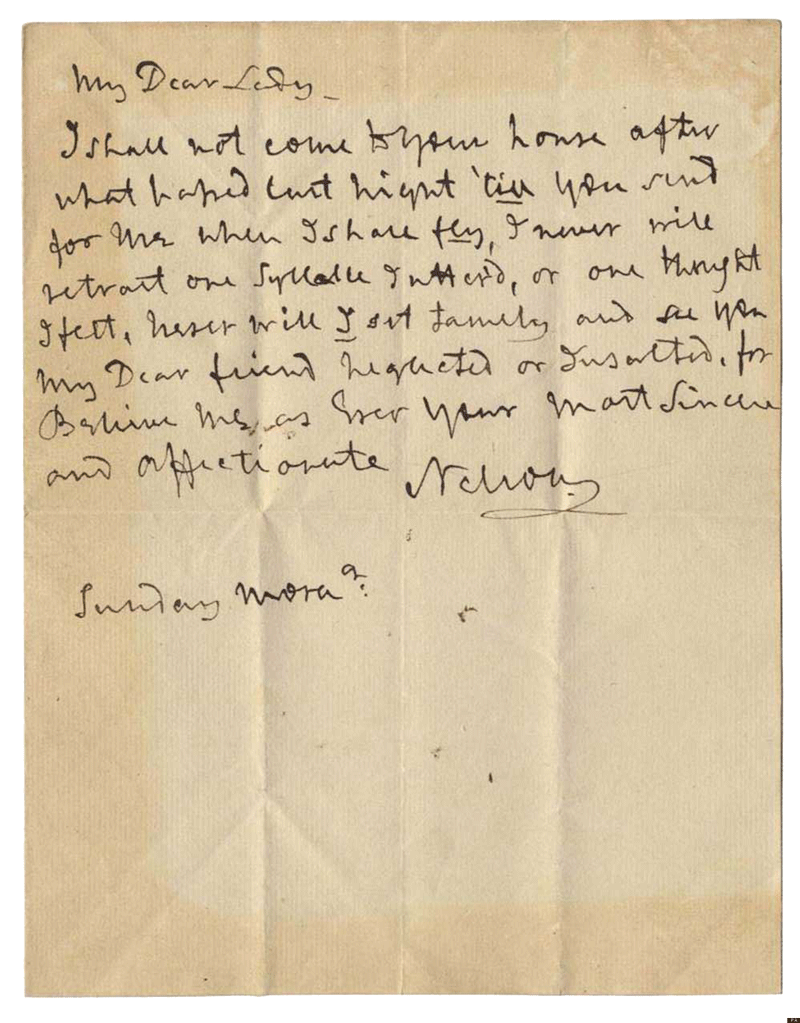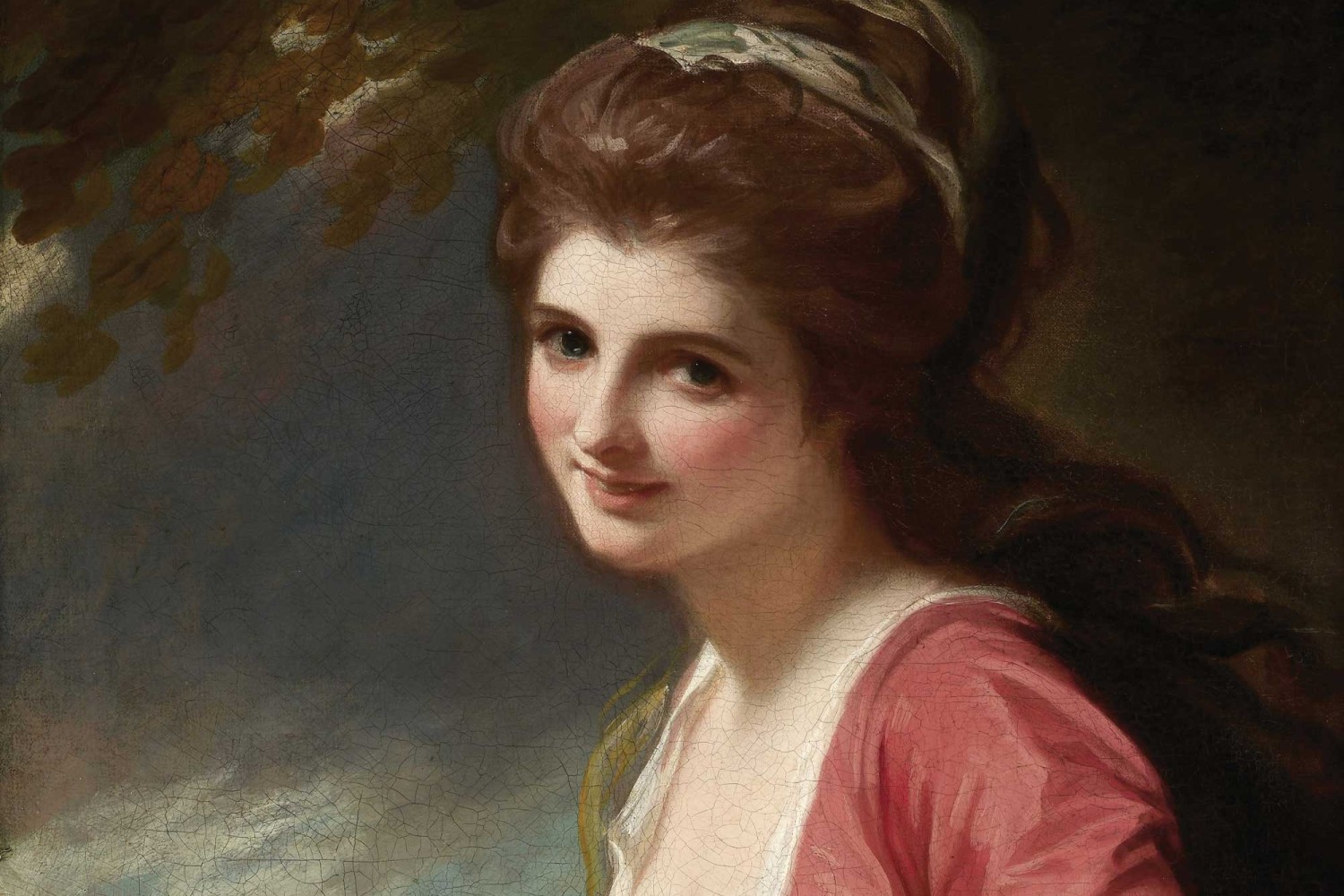
The love story of local-born Horatio Nelson & Emma Hamilton
Looking into the love affair that shocked the nation...
During the most romantic month of the year, our thoughts turn naturally to the most famous love stories of history and literature such as Antony and Cleopatra and Romeo and Juliet. Norfolk’s very own Horatio Nelson had a passionate love affair spanning 12 years – and his relationship with Emma Hamilton was the biggest scandal of the age.
Emma was the 28-year-old wife of Sir William Hamilton (the British Envoy to Naples) and Nelson was a 35-year-old post captain when the couple first met in Naples on the 12th September, 1793. At the time, Emma was a celebrated artists’ model and was famous across Europe for performing ‘attitudes’ in which she moved quickly from one dramatic pose to another.
Nelson’s victory over the French fleet in the Battle of the Nile meant Emma and her husband Sir William were desperate for the presence of the hero and his fleet – by 1797 the Italian Court had been convinced French troops would invade Naples. In a letter to Nelson, Emma expressed her admiration for him:
“Never never has there been anything half so glorious, so complete. I fainted when I heard the joyful news... I walk and tread the air with pride, feeling I was born in the same land with the victor Nelson... Sir William and I are so impatient to embrace you.”
When Nelson arrived in Naples a few weeks after the battle, he became fascinated by Emma and also developed a bond with Sir William in a joint determination not to allow Naples to be taken over by the French.
The three actually became so close they named themselves the ‘Tria Juncto in Uno’ and they fled to Sicily together in 1798 when the French invasion was all but inevitable.
This was the point at which the affair between Lord Nelson and Emma Hamilton is believed to have started; emotions were heightened and they fell deeply in love. Nelson’s wife Frances (they’d been married for about 12 years) begged to be allowed to visit him, but he harshly refused, as by this time his attentions were fully focused on Emma.
Despite this, neither parties had been unfaithful to their partners up until their meeting (Nelson had restricted himself to courtesans – something which was acceptable at the time) but their respective marriages lacked romance, passion and excitement, things they evidently found in each other. By the beginning of May 1800, Emma was pregnant with Nelson’s child.
By the time they landed on Gorleston beach the same year on their return to the country, Frances Nelson had only seen her husband for seven months in seven years. She demanded he give up his mistress, but her ultimatum backfired – Nelson became the first high-profile man to separate from his wife. He moved out of her home, resolving to pay her half of his income and he never saw Frances again.
The separation caused a big scandal at the time, and forced Nelson to destroy Emma’s letters to him – and although he begged her to do the same, she couldn’t bring herself to part from them.
Nelson returned to sea, leaving Emma eight months pregnant, and she gave birth to their first child in early 1801. He named their daughter Horatia, thus advertising that he was the father. Emma found a property in Merton in which they could live as a family, and when the war was over in 1802 he returned home.
Nelson returned to sea in 1803 after the truce with France was broken and after two years and three months away, Nelson returned for just three weeks – for the final time.
During Nelson’s absence, Emma gave birth to their second daughter, named Emma after her mother – but after Horatia caught chicken pox the baby also became infected and passed away.
In 1805, before Nelson was called back for duty, the couple took communion together, exchanging rings and affirming the nature of their marriage. Nelson then left to rejoin the fleet and engaged the French near Cape Trafalgar. He wrote a notable entry in his diary at this time:
“Friday night, at half past ten, drove from dear, dear Merton where I left all which I hold dear in this world, to go to serve my king and country...”

Before the battle, Nelson amended his will, requesting that Emma was to be given ‘ample provision to maintain her Rank in Life’ – and later that day, on 21st October 1805, he was fatally wounded by a single musket ball.
Emma’s life after Trafalgar was a downward spiral. She received no financial support from the government and her letters from Nelson were stolen and published. She lost public sympathy and was eventually sent to prison for debt. On her release she fled to Calais with Horatia where she died, aged 49, in January 1815.
Emma Hamilton has been wrongly dismissed as irrelevant to Nelson, when in fact she had a crucial influence over him. Studies of their letters have shown she encouraged him to seize his chance for glory and fame and how their love was the driving force behind her willingness to sacrifice social respectability and create a normal family home for them and their child.
As for Horatia, she married the Reverend Philip Ward and lived until 1881. She had ten children, but none of her three daughters bore her mother’s name – indeed, she never publicly acknowledged that she was the daughter of Emma Hamilton.

